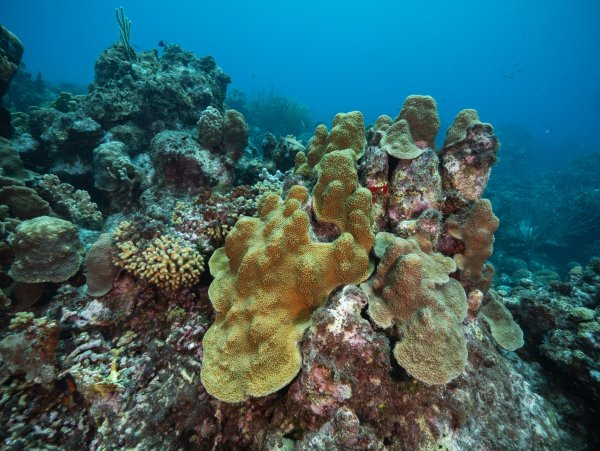This research will provide insights into how corals respond to global and local anthropogenic disturbances, historically and in the present. We will use ancient DNA (aDNA) methods to monitor how corals respond to the impact of long-term anthropogenic activities at Varadero reef, a preeminent coral study site off the coast of Cartagena, Colombia. At this site, the man-made Canal Cartagena Varadero del Dique feeds approximately 144 × 10^6tons of suspended solids onto the Orbicella faveolata coral in Cartagena Bay each year. We obtained a coral reef core from Varadero that was exposed to high sediment loads from 1954, allowing us to perform a unique time series analysis of coral response over time. This perspective will elucidate how future increases in anthropogenic exposure may affect coral algal endosymbiotic and endolithic communities and help predict how other reefs undergoing similar conditions will fare.
Researchers
Stephanie Marciniak





